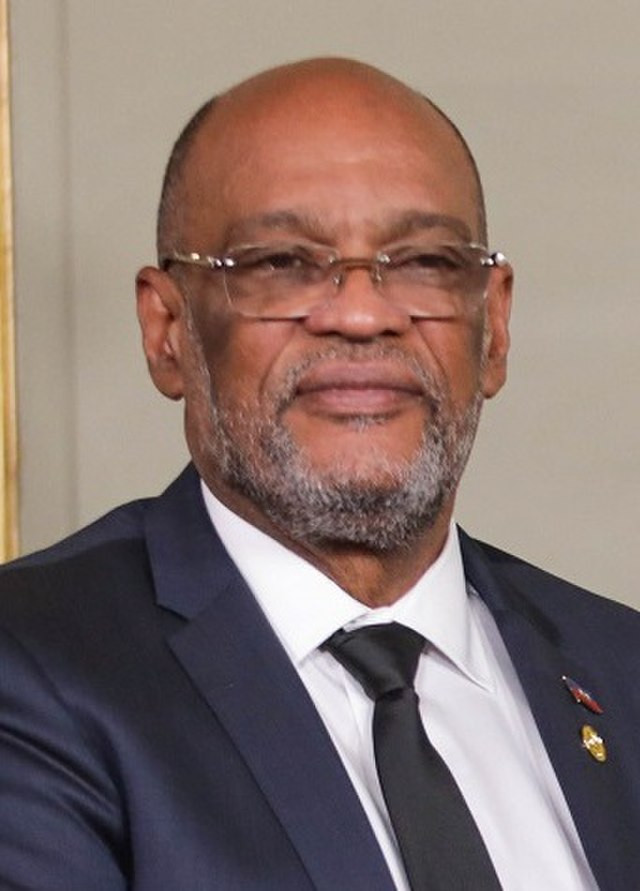Embattled Haitian Prime Minister Ariel Henry has agreed to resign following weeks of escalating chaos in the Caribbean nation, where heavily armed gangs have seized control of government structures and social order is on the verge of collapse. In a video address late Monday, Henry announced that his government would leave power after the establishment of a transitional council, stating, "Haiti needs peace. Haiti needs stability."
Henry's resignation comes as he remains stranded in Puerto Rico, unable to return to Haiti due to the deteriorating security situation around the capital's airport. The prime minister's advisor, Jean Junior Joseph, told CNN that Henry would stay in his role until the formation of a new interim government.
The Caribbean Community and Common Market (CARICOM), meeting in Jamaica on Monday, announced plans to set up a transitional council to lay the groundwork for elections in Haiti. Guyana leader and CARICOM Chairman Irfaan Ali said, "We are pleased to announce the commitment to transitional governance arrangement which paves the way for a peaceful transition of power, continuity of governance and action plan for near-term security and the road to free and fair elections."
U.S. Secretary of State Antony Blinken, who attended the CARICOM meeting, pledged $300 million to support the deployment of a Kenyan-led multinational security mission to Haiti, along with an additional $33 million in humanitarian assistance for the Haitian people.
Henry's resignation had been anticipated for several days as violence intensified during his visit to Kenya, where he sought to secure a U.N.-backed deployment of Kenyan police officers to help combat powerful gangs in Haiti. However, Henry's temporary tenure as prime minister, which began with U.S. backing following the July 2021 assassination of President Jovenel Moïse, has been marked by repeated postponements of elections as he prioritized restoring security to the country.
Since Henry's trip to Kenya, Port-au-Prince has been gripped by a wave of highly coordinated gang attacks on law enforcement and state institutions, forcing tens of thousands of people to flee their homes. The government declared a state of emergency more than a week ago after gangs attacked the country's largest prison, allowing some 3,500 inmates to escape, burned down police stations, and sought to take control of the airport.
Jimmy "Barbecue" Chérizier, widely regarded as Haiti's most powerful gang leader, took credit for the prison attack and warned that if the international community continues to support Henry, it will lead the country into a civil war that will end in genocide.
The chaos has exacerbated an already dire humanitarian crisis in Haiti, with the U.N. estimating that about 5.5 million Haitians-roughly half the population-are in need of assistance. The country has also been grappling with a cholera epidemic that broke out in 2022, and an estimated 1 million Haitian children are out of school, making those living in gang-controlled areas vulnerable to recruitment.
U.N. human rights chief Volker Türk described the situation in Haiti as "untenable" and called for the deployment of a multinational security mission to assist the Haitian police, stating, "There is no realistic alternative available to protect lives."
As regional leaders and the U.S. work to support a political transition in Haiti and halt the spiraling violence and humanitarian crisis, the country's future remains uncertain. With gangs controlling vast swaths of the capital and the government on the brink of collapse, the international community faces a daunting challenge in helping Haiti restore stability and chart a path towards free and fair elections.




